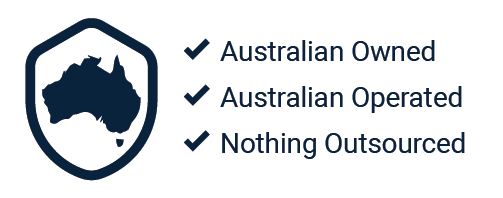Ever wonder how an indexation analysis can be useful for your SEO and Google rankings? For starters, Google is constantly evolving the way in which it crawls and indexes pages. While your pages may be getting crawled, there is no guarantee that your page will be indexed. An indexation analysis will allow you to check whether your pages are being indexed and stored by Google.
What is an indexation analysis?
Every search engine will perform 3 functions – crawling, indexing, and ranking. Crawling is where search engine will examine the content and indexes acts as a database of all the webpages that the search engine was able to ‘crawl.’ If webpages are not being indexed, users will not be able to find the page. Hence, performing an indexation analysis will aid you in finding out which pages are not being indexed.
What pages are not indexed?
The common types of pages that are vulnerable to indexation issues are pages that provide a poor user experience.
These can include:
- Faceted pages
- A faceted page is a webpage that has a number of filters. The filters narrow results down based on several different dimensions simultaneously. Facet pages are known by various other names such as facet browsing, facet search and facet navigation.
- Templated content
- Templated content is a guideline or format of your page. This includes features such as page titles, headings, subheadings, and images.
- Thin content
- Thin content is content that has little or no value to the user. Google defines thin content as a page that has little or no original content.
- Dynamically-generated content
- Dynamic content refers to content on a webpage that constantly or regularly changes based on user interactions and the interests or past behaviour viewer. A page with dynamically generated content doesn’t exist until a user selects the variable(s) and search engine spiders can’t select variable(s). Hence why these pages do not get generated nor indexed.
- Pages with missing canonical tags
- A canonical tag is a way to tell search engines that a specific URL represents the master copy of a page. Websites that have duplicated content with missing rel=canonical tags may cause an indexation issue because search engines may end up indexing the incorrect page for the search results
So why is indexation analysis important?
- You want Google to show your most accurate and relevant pages. You would be surprised at the number of duplicated or similar pages businesses have (especially large corporations).
- If you are able to determine which content is showing in the Search Engine Results Pages (SERPs), you can gain a better understanding of your webpage and what on your website is valuable content.
Indexation Investigation
There are multiple ways in which you can check if our pages are getting indexed:
Greenlane Marketing created an easy tool to check if your pages are getting indexed. Simply copy and paste the webpages URLs. The best part about this tool is that it’s free to use.
Disclaimer: We do not guarantee the accuracy of this tool. Also the tool will only identify the specific URL in question e.g. if you entered a HTTPS URL to be analyse it will not tell you the HTTP version of that URL
- Index Coverage on Google Search Console
A quick way to conduct an indexation analysis is with GSC New Search Console. Simply click on Try the new Search Console => Index Coverage => Valid
You should now be able to see the status of your webpages. Simply click on either ‘submitted and indexed’or ‘indexed, not submitted in sitemap’ to determine which pages are indexed.
Helpful tips and tricks for getting your pages indexed
- Make sure that you have submitted all of your XML sitemaps to Google Search Console. This includes sitemaps for your blogs and new sections of your website.
- If you have an indexation issue related to duplicate content check Google Analytics (base on traffic level) and Google SERPs to identify which version is ranking. You can then apply rel=canonical tags or 301 redirects where relevant.
- Don’t be afraid to make major changes to your website when cleaning up indexation problems. Rectifying any duplicate content and thin content issues is a sure way to be moving up the ranks.
Conducting an indexation analysis may shed some light into your current SEO state and how your website is ranking in the SERPs. Remember that an indexation analysis can help you build an authoritative web page and Google loves pages with authority!
Happy indexing!













